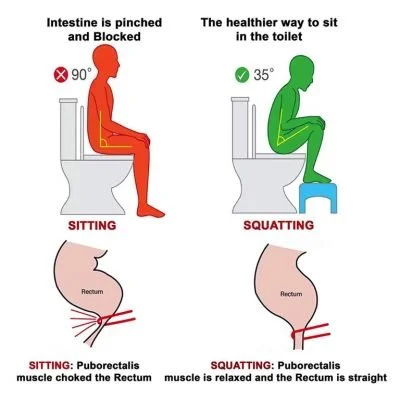Endo Series Part 5: My Top FOUR Tips for Soothing Gut Symptoms 💩
The goal of the last blog in this series is to hit you with some quick and easy tips for improving those pesky gut symptoms.
Many of you might have already tried ALL of these strategies. And if you have, I’m sorry. I know it sucks feeling like you’ve tried everything.
I always like to screen my clients for the “red flag” symptoms which mean that they should get checked out with a medical professional just in case there’s something sinister going on.
These red flags include: persistent daily diarrhoea, bowel motions overnight, unintentional weight loss, blood in the stool or a close family history of coeliac disease, inflammatory bowel disease or colorectal cancer.
MANY of my clients have already seen Gastroenterologists and been cleared of anything sinister by the time they get to me. So hopefully that’s you – and hopefully a couple of these strategies might be things you haven’t tried and with any luck will make a difference!
I know the last few blog posts in this series were absolute essays – so let’s keep this short and sweet.
Many people think that to improve gut symptoms, it has to be complex and laboursome. I often find the best strategies are the simple ones.
1. Use A Squatty Potty
Everyone should be using toilet stool, but this is especially important for people with pelvic pain or a tight pelvic floor. You can see from the diagram below, we have a fun little muscle called the puborectalis muscle that hooks around the rectum and kinks it. It’s like a little insurance policy. And even when we’re seated at a 90-degree angle, that puppy is kinked.
If reduce that angle by using a stool, the muscle releases and it can make pooping easier, reducing the need to strain and helping things feel more complete. Not to mention it supports your pelvic floor better.
Here’s my favourite little video for the correct posture when pooping: https://www.instagram.com/p/CFj5z09JV2p/
When we make that simple change, so many of my clients come back saying “it actually works!” – and I personally love how simple and low cost it is!
2. Regular eating + breakfast within an hour of waking
I know I’ve banged on about regular eating already but I wish more people knew that guts love consistency. In my last email, I mentioned motility through peristalsis. Well eating roughly every 3-4 hours supports peristalsis. We don’t want to graze, nor do we want to go for long gaps. Roughly 3-4 hours is our goldilocks time!
It’s back to that flexible rule of 3s!
Oh and eating breakfast supports us to open our bowels through the gastrocolic reflex. Aka when food goes in, poop goes out. Try to give yourself enough time in the morning rather than rushing and ignoring the urge!
If you are totally opposed to breakfast – then some gentle movement or stretching and/or a glass of warm water can also help.
And if you weren’t already convinced, not eating for long periods of times actually makes bloating WORSE not better!
3. Hydration PLUS electrolytes
If you struggle with constipation, I have no doubt you have been told to drink more water.
Yes, getting your roughly 2 litres of water is important. But what is often forgotten, is that many people are lacking electrolytes like sodium and potassium.
Sodium and potassium actually help us to absorb our water better. Not all electrolyte drinks are created equal, so check out my electrolyte freebie here
4. Harness the power of the gut-brain connection

